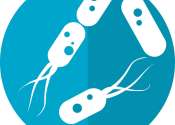New way to analyze the microbiome
A team of developers from Skolkovo, ITMO University and MIPT have presented an online service called Knomics-Biota, which allows for a comprehensive study of intestinal microbiome genetic data. Using this service, researchers ...








